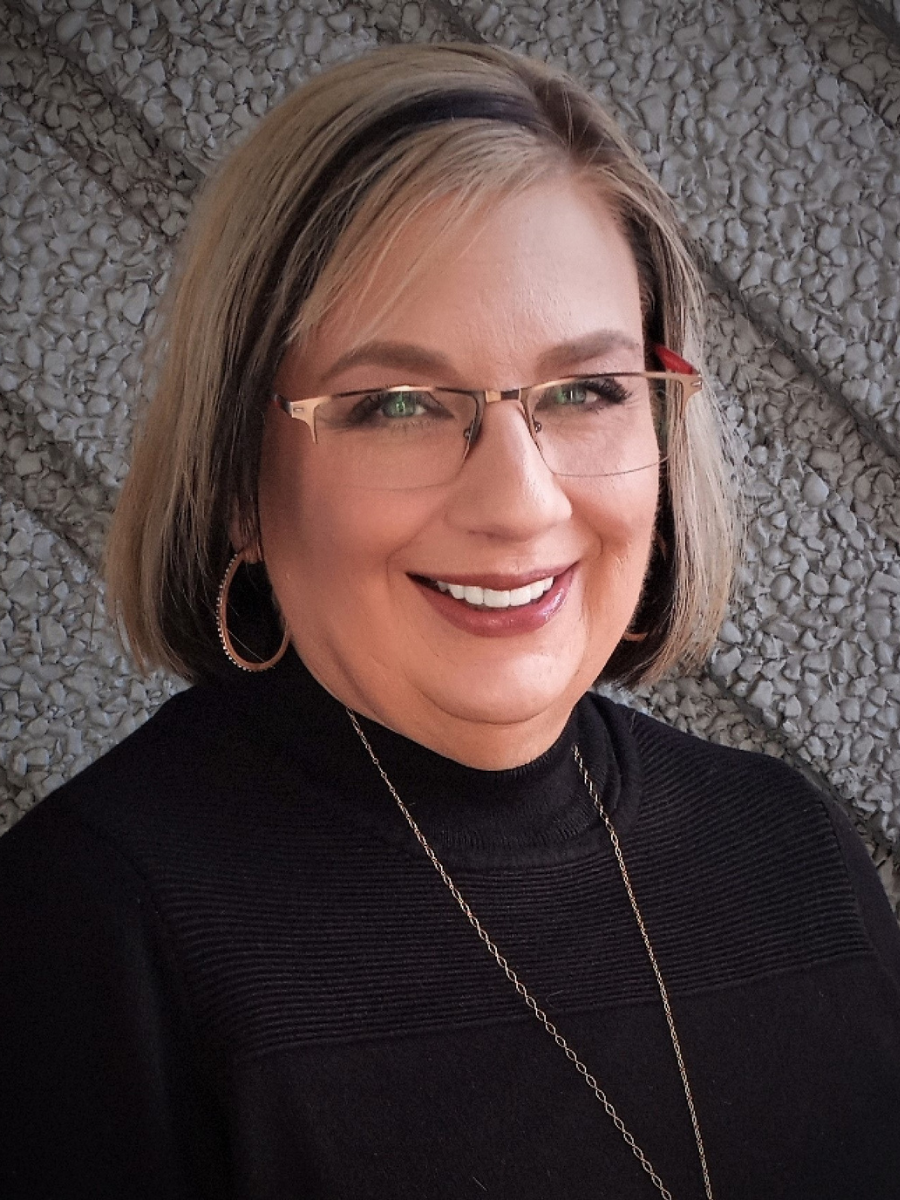Community managers frequently ask about their role in a trial. They also want to know how to best prepare and present themselves in the unfamiliar setting of a court room. The purpose of this article is to provide some guidance on these topics. If I were to distill the answer to these questions downGo to Resource
Resources
Why do so many interactions these days become heated? Are people just meaner than they used to be? Have we lost our ability to be tolerant of one another? And, if so, what can we do about it? In today’s society, it seems we are not only entitled to our opinion, but everyone elseGo to Resource
As we move through the winter months, many owners are already anticipating the exterior home improvements they want to make in the spring. For most covenant controlled communities, exterior modifications require prior association approval upon submittal of an architectural request form. But do your forms contain all the necessary provisions to adequately protect theGo to Resource
Rarely a week goes by when attorneys do not field calls from board members or managers asking whether or not the association can enforce its rules on streets running through the community. Sometimes these questions have simple answers, and other times, research will need to be conducted to determine the answer. The first stepGo to Resource
I want to serve on my community’s board of directors for the lucrative salary . . . said no board member ever! Nevertheless, serving on the board of directors for your community can be a satisfying and rewarding experience. But sometimes boards hit rough patches and fall under the scrutiny of their owners, who canGo to Resource



